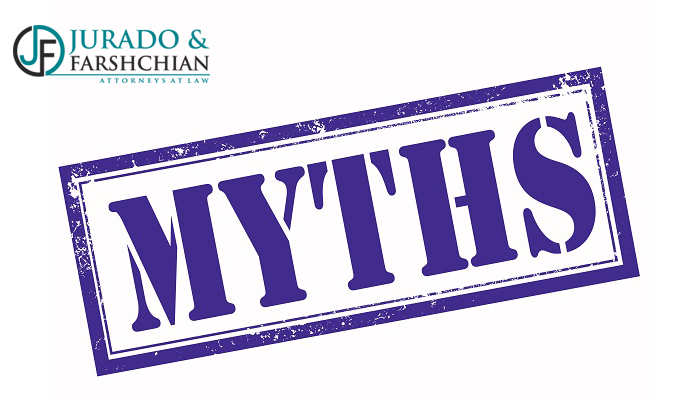

O-1 Visa Myths that You Should Know

The O-1 visa is a short-term work visa available to foreign nationals with extraordinary ability or achievement in the arts, sciences, athletics, business or education. To obtain an O-1 visa, a qualified foreign national must have a job offer from a U.S. employer.
Because the O-1 visa has no maximum annual limit and O-1 petitions are processed fairly quickly by the U.S. Citizenship & Immigration Service (USCIS), they are attractive to U.S. businesses seeking to employ foreign nationals with exceptional expertise.
However, there are several myths about this visa that need to be debunked, including that the O-1 visa:
Covers freelancers — in fact, there is no “freelance” work visa in the U.S. and with very few exceptions, work visas must be sponsored by a U.S. entity. O-1 visas allow a foreign national to work in the U.S. only for a domestic sponsor company. However, sponsors can hire foreign nationals as contractors and pay them under a 1099.
Is only for artists — actually, there are two classifications of O-1 visa. The O-1A covers people with extraordinary ability in the sciences, education, business or athletics. The O-1B covers those with extraordinary ability in the arts or extraordinary achievement in film/television. An experienced immigration attorney can make an argument for an O-1 visa in just about any profession, from CEOs to chefs.
Requires an Oscar or Nobel Prize to qualify — while those two awards can certainly strengthen an O-1 petition, they are by no means the only requirement. Applicants need only to prove that they are in the top percentage of people in their field, either by an internationally recognized award or by providing evidence in the form of endorsements from experts, earning a high salary, authorship of articles, press coverage, etc.
Can be self-sponsored — O-1 visa applicants may only be sponsored by a U.S. sponsor company for which they will be working in the U.S.
Isn’t necessary for short stays in the U.S. — even if a foreign national will only be working for a sponsor company for one day, he or she will need to obtain an O-1 visa.




Comments